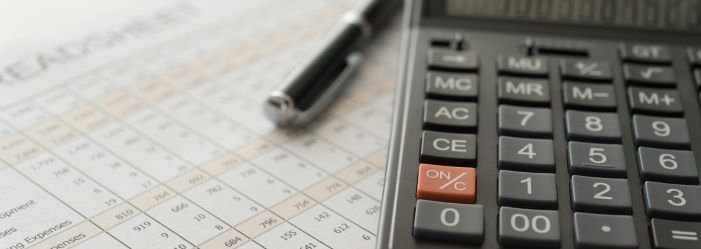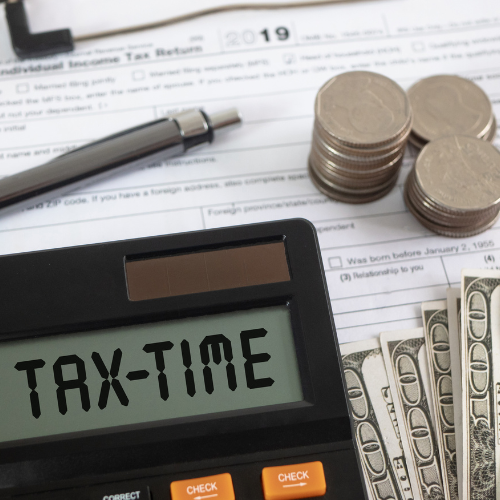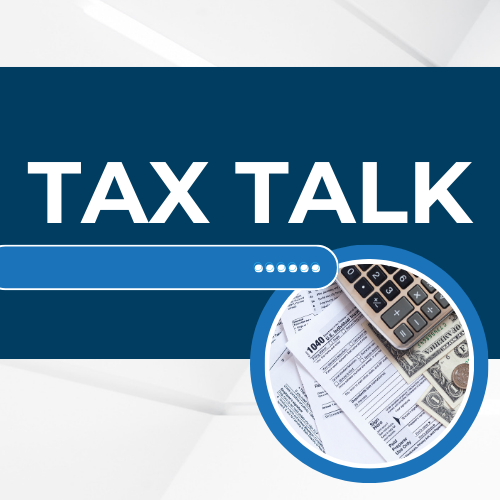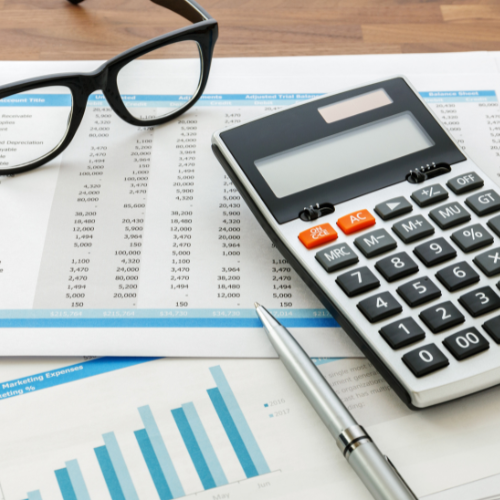The Importance of a Balanced Balance Sheet
The Financial Compass: Understanding the Importance of a Balanced Balance Sheet for Small Businesses

What is a Balance Sheet?
A balance sheet is a snapshot of a business's financial position at a specific point in time. It provides a detailed overview of a company's assets, liabilities, and equity, offering insights into its financial health and stability. The fundamental equation of a balance sheet is:
Assets= Liabilities + Equity
Components of a Balance Sheet:
- Assets:
- Current Assets: These are assets expected to be converted into cash or used up within one year, such as cash, accounts receivable, and inventory.
- Fixed Assets: Long-term assets like property, equipment, and vehicles fall into this category.
- Liabilities:
- Current Liabilities: Obligations that are due within one year, including accounts payable, short-term loans, and accrued expenses.
- Long-Term Liabilities: Debt and obligations that extend beyond one year, such as long-term loans and mortgages.
- Equity:
- Represents the residual interest in the assets of the entity after deducting liabilities. It includes owner's equity, retained earnings, and other equity accounts.
Why Keeping Your Balance Sheet Updated Matters:
- Financial Health Assessment:
- An updated balance sheet provides a real-time snapshot of a company's financial health. Business owners can gauge their liquidity, solvency, and overall financial stability by reviewing the balance sheet regularly.
- Informed Decision-Making:
- Informed decision-making requires accurate financial information. A current balance sheet helps small business owners make strategic decisions regarding investments, expansions, or debt management.
- Creditworthiness:
- Lenders and creditors often require a current balance sheet to assess a business's creditworthiness. An up-to-date balance sheet provides a comprehensive view of assets and liabilities, influencing credit decisions.
- Investor Confidence:
- Investors, whether internal stakeholders or potential external investors, look for transparency and a clear financial picture. A well-maintained balance sheet instills confidence in investors by showcasing a business's financial stability and potential for growth.
- Regulatory Compliance:
- Accurate financial reporting is crucial for regulatory compliance. Small businesses need to adhere to accounting standards, and a current balance sheet aids in fulfilling reporting requirements for taxes and audits.
- Detection of Financial Trends:
- Analyzing historical balance sheets enables businesses to identify financial trends over time. Recognizing patterns in assets, liabilities, and equity can guide future financial strategies and planning.
- Strategic Planning:
- A balanced and updated sheet is indispensable for strategic planning. Whether seeking funding, negotiating partnerships, or planning for growth, a current balance sheet is a key tool for demonstrating a business's financial prowess.
The balance sheet stands as a crucial compass, guiding financial decisions and charting a course for sustainable growth. Regular updates ensure that business owners have a clear understanding of their financial position, empowering them to navigate challenges, seize opportunities, and lay the foundation for long-term success. As the financial heartbeat of a business, a balanced balance sheet is not just a regulatory requirement but an indispensable tool for steering towards prosperity.
Quick Links
Contact Information
Business Hours
- Mon - Fri
- -
- Sat - Sun
- Closed















